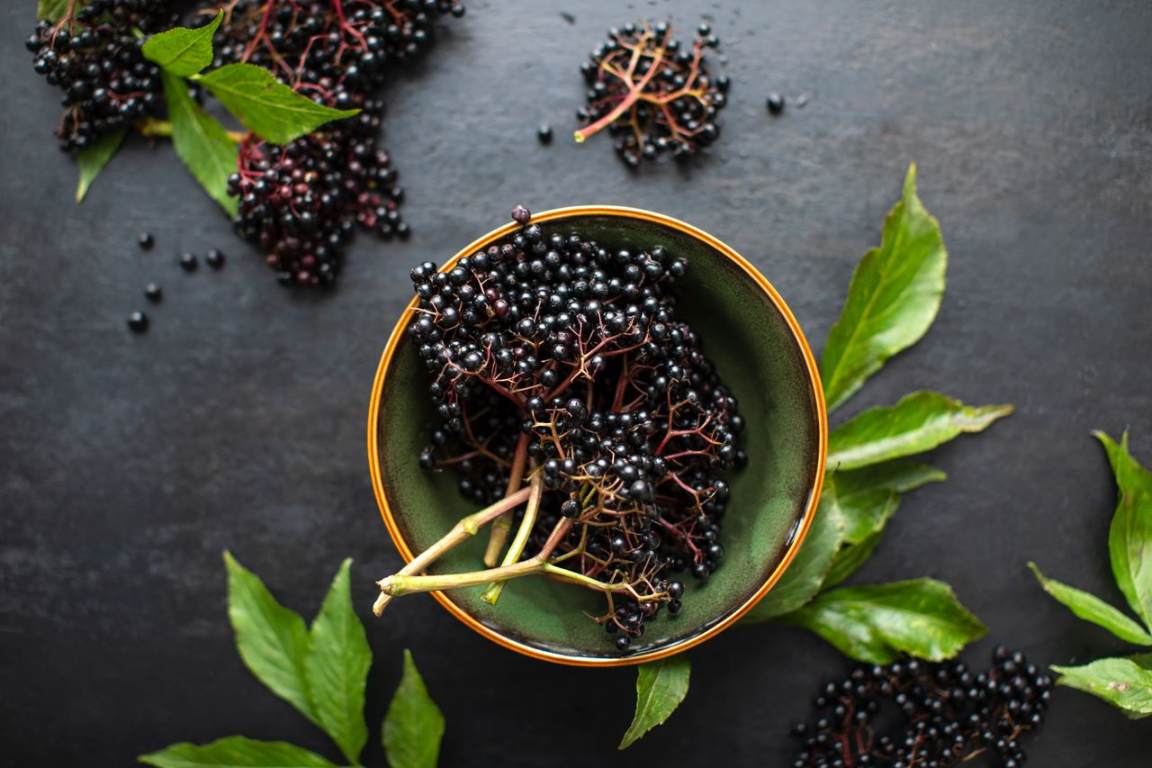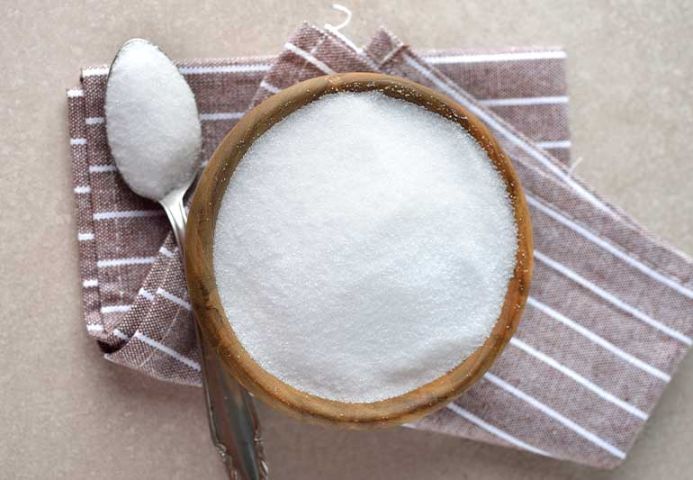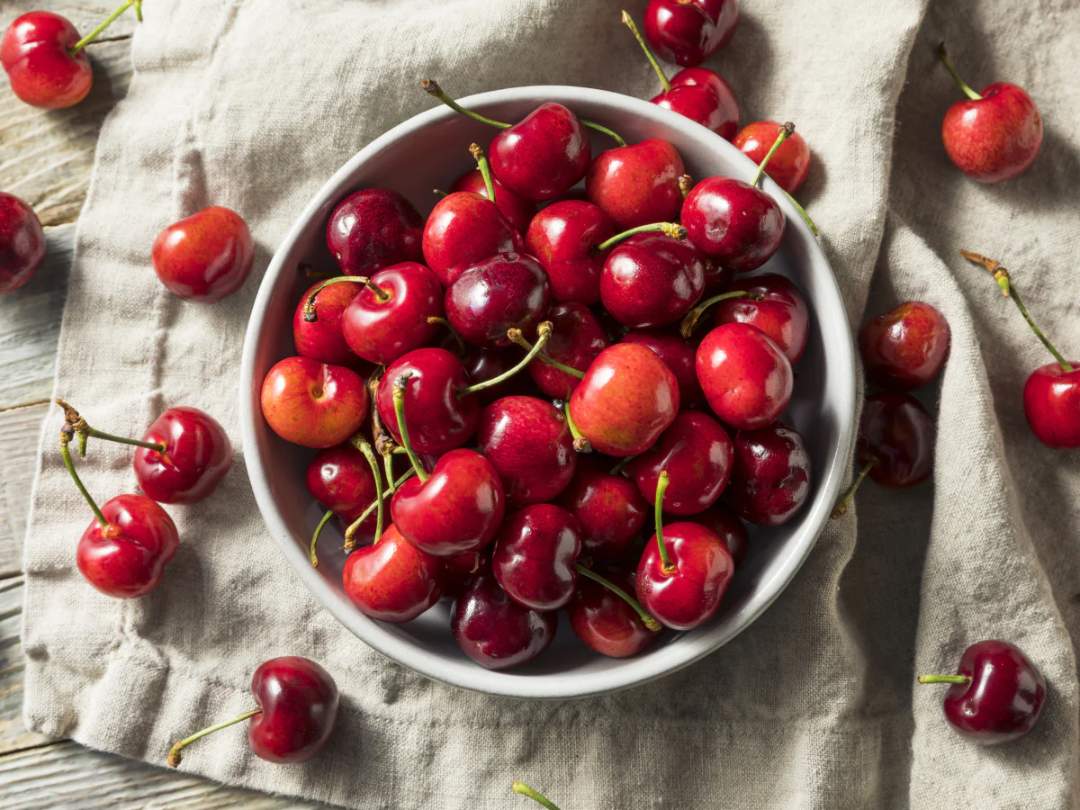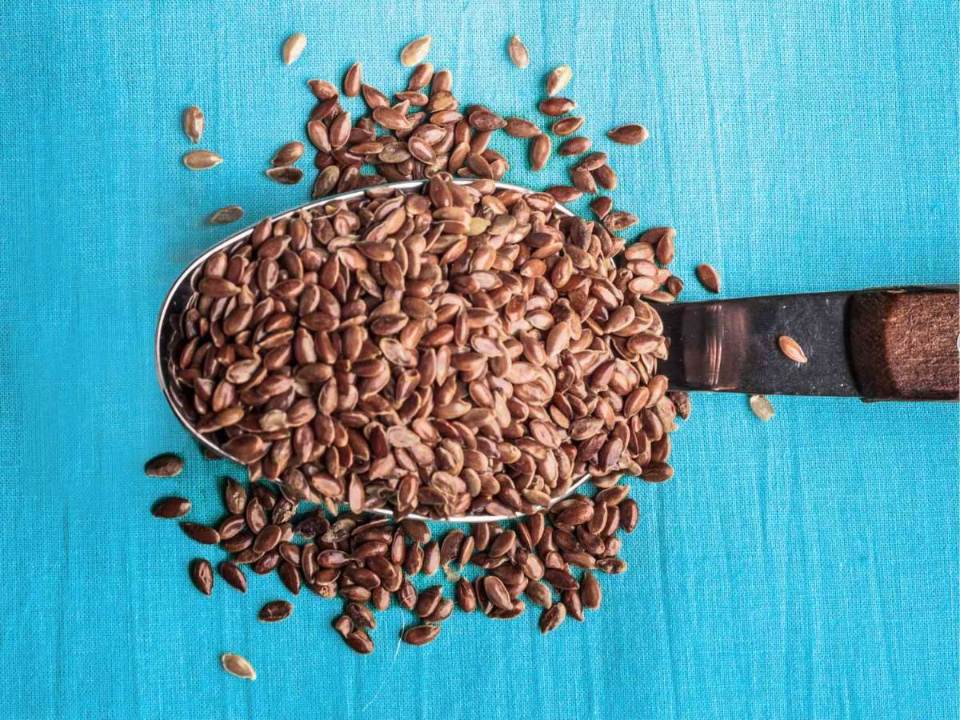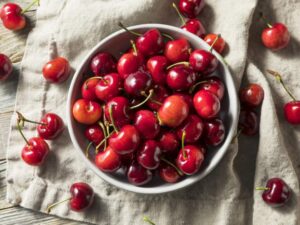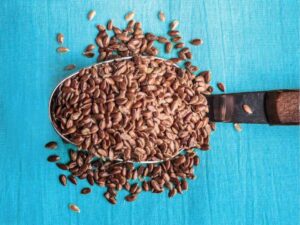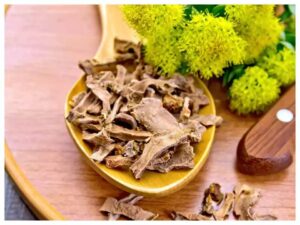The Mysterious Discovery of Elderberry
A Beginning
The origin of elderberry is a mystery that has puzzled historians and botanists for centuries. While the exact details of its discovery are not known, many scholars believe that elderberry has been used for medicinal purposes for thousands of years.
Historical Significance
Elderberry has a long and storied history, with records of its use dating back to ancient times. The plant is mentioned in the writings of Hippocrates, the ancient Greek physician, who recommended it for a variety of ailments. Similarly, elderberry was used by the ancient Egyptians, who believed that it had powerful healing properties.
The Middle Ages
During the Middle Ages, elderberry was widely used in Europe for its medicinal properties. It was believed to be effective in treating a variety of ailments, including respiratory infections, fever, and joint pain. The plant was also used in religious ceremonies, and it was believed to have magical properties.
The New World
When European settlers arrived in the New World, they brought elderberry with them. The plant quickly became popular among the Native American tribes, who used it for both medicinal and culinary purposes. The Cherokee, for example, used elderberry to treat colds and flu, while the Iroquois used it to treat rheumatism and headaches.
Modern Uses
Today, elderberry is still widely used for its medicinal properties. It is commonly used to treat colds and flu, and it is believed to have anti-inflammatory and antioxidant properties. Elderberry is also used in the production of food and beverages, including wine, jam, and syrup.
Conclusion
Despite its long history of use, the exact origins of elderberry remain shrouded in mystery. However, what is clear is that this plant has played an important role in human history, and its medicinal properties continue to be valued today. Whether you are looking to boost your immune system, soothe a sore throat, or simply enjoy the delicious taste of elderberry, this plant is definitely worth exploring.
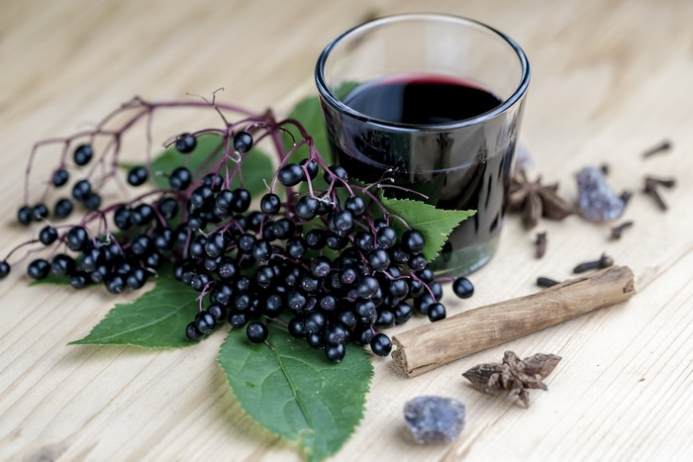
The Health Benefits of Elderberry
Introduction
Elderberry, a plant native to Europe and North America, has been used for medicinal purposes for centuries. In recent years, there has been a surge of interest in the health benefits of elderberry, with numerous studies suggesting that this plant may have a variety of therapeutic effects. In this article, we will explore the potential health benefits of elderberry and the scientific evidence supporting these claims.
Nutritional Profile
Elderberries are a rich source of vitamins and minerals, including vitamin C, vitamin A, potassium, iron, and calcium. They are also high in antioxidants, which can help protect the body against cellular damage and reduce the risk of chronic diseases.
Immune System Support
Elderberry is perhaps best known for its immune-boosting properties. Studies have shown that elderberry may be effective in treating colds, flu, and other respiratory infections. One study found that elderberry extract reduced the duration and severity of flu symptoms in patients, while another study found that elderberry was effective in preventing colds and flu in air travelers.
The immune-boosting properties of elderberry are thought to be due to its high content of anthocyanins, which are powerful antioxidants that can help fight off harmful bacteria and viruses.
Anti-Inflammatory Properties
In addition to its immune-boosting properties, elderberry also has anti-inflammatory effects. Chronic inflammation is thought to play a role in the development of many diseases, including heart disease, diabetes, and cancer. Elderberry contains compounds called flavonoids, which have been shown to reduce inflammation and protect against oxidative stress.
One study found that elderberry extract was effective in reducing inflammation in patients with osteoarthritis, while another study found that elderberry reduced inflammation in the brain, potentially reducing the risk of Alzheimer’s disease.
Antioxidant Effects
Elderberry is also high in antioxidants, which can help protect the body against cellular damage and reduce the risk of chronic diseases. One study found that elderberry extract was effective in reducing oxidative stress in athletes, potentially reducing muscle damage and improving recovery time.
Cardiovascular Health
Elderberry may also have benefits for cardiovascular health. Studies have found that elderberry can improve blood pressure, reduce cholesterol levels, and improve circulation. One study found that elderberry extract improved endothelial function, which plays a key role in regulating blood flow and blood pressure.
Skin Health
Elderberry may also have benefits for skin health. The high antioxidant content of elderberry can help protect the skin against damage from UV radiation and environmental toxins. Elderberry also contains compounds that can help reduce inflammation and improve collagen production, potentially reducing the risk of wrinkles and other signs of aging.
Diabetes Management
Elderberry may also be beneficial for people with diabetes. Studies have found that elderberry can help reduce blood sugar levels and improve insulin sensitivity. One study found that elderberry extract improved glucose metabolism and reduced insulin resistance in patients with type 2 diabetes.
Cancer Prevention
There is some evidence to suggest that elderberry may have anticancer properties. Elderberry contains compounds that have been shown to inhibit the growth and spread of cancer cells in test-tube studies. However, more research is needed to determine whether these effects translate to humans.
Conclusion
Elderberry is a versatile plant with a wide range of potential health benefits. From its immune-boosting properties to its anti-inflammatory and antioxidant effects, elderberry has been shown to have therapeutic potential in a variety of areas. While more research is needed to fully understand the mechanisms underlying these effects, the available evidence suggests that elderberry is a promising natural remedy for a variety of health conditions.
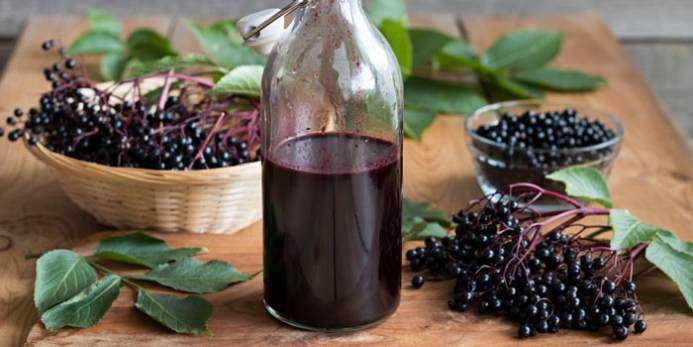
Nutritional Components and Core Ingredients of Elderberry
Nutritional Components
Elderberry is a rich source of vitamins and minerals. One cup of elderberries (145 grams) contains:
- Calories: 106
- Protein: 1 gram
- Fat: 0.5 grams
- Carbohydrates: 26 grams
- Fiber: 10 grams
- Vitamin C: 87% of the RDI (Recommended Daily Intake)
- Vitamin A: 17% of the RDI
- Potassium: 10% of the RDI
- Iron: 13% of the RDI
- Calcium: 5% of the RDI
In addition to these nutrients, elderberry also contains a variety of phytochemicals, including flavonoids, anthocyanins, and polyphenols.
Core Ingredients
The core ingredients of elderberry are its flavonoids and anthocyanins. Flavonoids are a group of phytochemicals that have been shown to have antioxidant, anti-inflammatory, and immune-boosting properties. Anthocyanins are a type of flavonoid that are responsible for the dark purple color of elderberries.
Research has shown that the anthocyanins in elderberry may have a variety of health benefits. For example, studies have found that elderberry anthocyanins can:
- Reduce inflammation: Anthocyanins have been shown to reduce inflammation in the body, which can help prevent chronic diseases such as heart disease and cancer.
- Boost the immune system: Anthocyanins have been shown to stimulate the immune system, helping the body fight off infections and diseases.
- Improve cardiovascular health: Anthocyanins can improve blood flow and reduce the risk of cardiovascular disease.
Other Compounds
In addition to its flavonoids and anthocyanins, elderberry also contains a variety of other compounds that may contribute to its health benefits. These include:
- Polyphenols: Polyphenols are a group of phytochemicals that have antioxidant properties. They have been shown to reduce the risk of chronic diseases such as heart disease and cancer.
- Vitamins and minerals: Elderberry is a good source of vitamins and minerals, including vitamin C, vitamin A, potassium, iron, and calcium. These nutrients are essential for overall health and can help prevent nutrient deficiencies.
- Fiber: Elderberry is high in fiber, which can help regulate digestion and prevent constipation.
Conclusion
Elderberry is a nutrient-dense fruit with a variety of health benefits. Its flavonoids and anthocyanins are responsible for many of its therapeutic effects, including reducing inflammation, boosting the immune system, and improving cardiovascular health. Elderberry is also a good source of vitamins and minerals, fiber, and other compounds that contribute to its health benefits. Incorporating elderberry into your diet or taking it as a supplement may be a natural way to support overall health and well-being.
Methods for Consuming Elderberry
Elderberry Tea
One of the simplest ways to consume elderberry is in the form of tea. Elderberry tea is easy to make and can be enjoyed either hot or cold. To make elderberry tea, simply steep dried elderberries in boiling water for 10-15 minutes. You can add other herbs or spices, such as ginger or cinnamon, for added flavor and health benefits.
Elderberry tea is a great way to boost your immune system and ward off colds and flu. It is also rich in antioxidants, which can help protect against cellular damage and reduce the risk of chronic diseases.
Elderberry Syrup
Elderberry syrup is a popular natural remedy for colds and flu. It is made by cooking elderberries with water and honey or another sweetener, and then straining out the solids. Elderberry syrup can be taken by the spoonful or added to hot tea.
Elderberry syrup is a rich source of antioxidants and has immune-boosting properties. It is also a great way to soothe a sore throat and relieve congestion.
Elderberry Gummies
Elderberry gummies are a fun and tasty way to get your daily dose of elderberry. They are made by combining elderberry syrup with gelatin and other ingredients, and then setting the mixture in a mold. Elderberry gummies can be stored in the refrigerator and taken as needed.
Elderberry gummies are a great option for children or anyone who prefers a sweet treat to a pill or capsule. They are also a convenient way to take elderberry on the go.
Elderberry Capsules
Elderberry capsules are a convenient way to take elderberry supplements. They are available in various strengths and formulations, and can be found at most health food stores and online retailers.
Elderberry capsules are a good option for anyone who wants to take elderberry for its health benefits but does not want to consume it in food or beverage form. They are also a convenient way to ensure that you are getting a consistent dose of elderberry.
Elderberry Wine
Elderberry wine is a delicious way to enjoy the health benefits of elderberry. It is made by fermenting elderberries with sugar, yeast, and other ingredients, and then aging the mixture in barrels. Elderberry wine can be enjoyed on its own or paired with food.
Elderberry wine is a good source of antioxidants and has been shown to have cardiovascular benefits. However, it should be consumed in moderation, as excessive alcohol consumption can have negative health effects.
Elderberry Jam
Elderberry jam is a tasty way to add some extra nutrition to your breakfast or snacks. It is made by cooking elderberries with sugar and pectin, and then canning the mixture in jars. Elderberry jam can be spread on toast, added to yogurt, or used as a topping for ice cream.
Elderberry jam is a good source of antioxidants and can help support immune system function. However, it should be consumed in moderation, as it is high in sugar.
Conclusion
Elderberry is a versatile fruit that can be consumed in many different forms. Whether you prefer tea, syrup, gummies, capsules, wine, or jam, there are many ways to incorporate elderberry into your diet and enjoy its health benefits. When selecting elderberry products, be sure to choose high-quality, organic products whenever possible to ensure that you are getting the most nutritional benefits.
It is also important to note that while elderberry is generally considered safe for most people, it can cause mild gastrointestinal upset in some individuals. Additionally, pregnant and breastfeeding women should consult with their healthcare provider before consuming elderberry.
Overall, incorporating elderberry into your diet or supplement routine can be a delicious and convenient way to support your overall health and well-being. Whether you prefer the simplicity of tea or the sweetness of jam, there is a method for consuming elderberry that is sure to fit your taste preferences and lifestyle.
Potential Side Effects and When to Avoid Taking Elderberr
Gastrointestinal Upset
One of the most common side effects of elderberry is gastrointestinal upset. Some individuals may experience nausea, vomiting, diarrhea, or abdominal cramps after consuming elderberry. This is thought to be due to the high levels of tannins and other compounds in elderberry, which can irritate the digestive system.
To minimize the risk of gastrointestinal upset, it is recommended that you start with a low dose of elderberry and gradually increase it over time. Additionally, be sure to choose high-quality, organic elderberry products and avoid consuming large amounts of elderberry at once.
Allergic Reactions
In rare cases, elderberry can cause allergic reactions in sensitive individuals. Symptoms of an allergic reaction may include hives, itching, swelling, and difficulty breathing. If you experience any of these symptoms after consuming elderberry, stop using it immediately and seek medical attention.
Interactions with Medications
Elderberry may interact with certain medications, including immunosuppressants and diuretics. If you are taking any medications, be sure to talk to your healthcare provider before taking elderberry to avoid potential interactions.
When to Avoid Taking Elderberry
While elderberry is generally considered safe for most people, there are some individuals who should avoid taking it altogether. These include:
- Pregnant and breastfeeding women: There is limited research on the safety of elderberry for pregnant and breastfeeding women, so it is best to err on the side of caution and avoid it altogether.
- Children under the age of one: Elderberry syrup should not be given to infants under the age of one due to the risk of botulism.
- Individuals with autoimmune diseases: Elderberry may stimulate the immune system, which can be problematic for individuals with autoimmune diseases such as lupus or multiple sclerosis.
- Individuals with allergies to other plants in the same family: Elderberry is a member of the honeysuckle family, so individuals with allergies to other plants in this family may also be allergic to elderberry.
The Drug Interactions of Elderberry
Immunosuppressants
Elderberry may interact with immunosuppressants, which are medications that are used to suppress the immune system. Elderberry has been shown to stimulate the immune system, which can counteract the effects of immunosuppressants and potentially lead to an increased risk of infection.
If you are taking immunosuppressants, it is best to avoid taking elderberry or to talk to your healthcare provider before doing so.
Diuretics
Elderberry may interact with diuretics, which are medications that are used to increase urine production and reduce fluid retention. Elderberry has diuretic properties of its own, which can amplify the effects of diuretics and potentially lead to dehydration or electrolyte imbalances.
If you are taking diuretics, it is best to avoid taking elderberry or to talk to your healthcare provider before doing so.
Blood Sugar Lowering Medications
Elderberry may interact with blood sugar lowering medications, such as insulin or oral hypoglycemic agents. Elderberry has been shown to have hypoglycemic properties, which can lower blood sugar levels and potentially lead to hypoglycemia when combined with these medications.
If you are taking blood sugar lowering medications, it is best to avoid taking elderberry or to talk to your healthcare provider before doing so.
Anticoagulants
Elderberry may interact with anticoagulants, which are medications that are used to prevent blood clots. Elderberry has been shown to have anticoagulant properties of its own, which can amplify the effects of anticoagulants and potentially lead to bleeding or bruising.
If you are taking anticoagulants, it is best to avoid taking elderberry or to talk to your healthcare provider before doing so.
